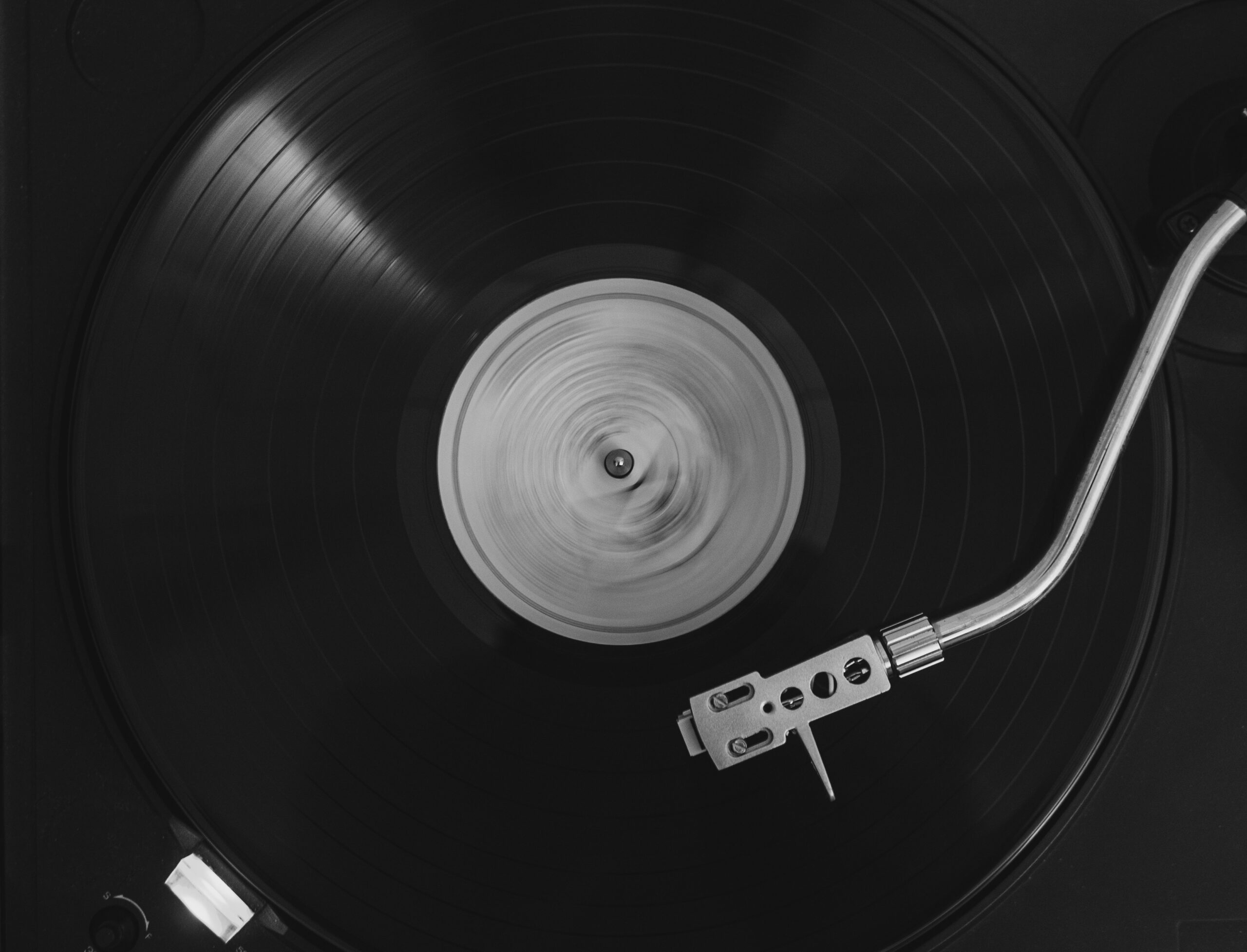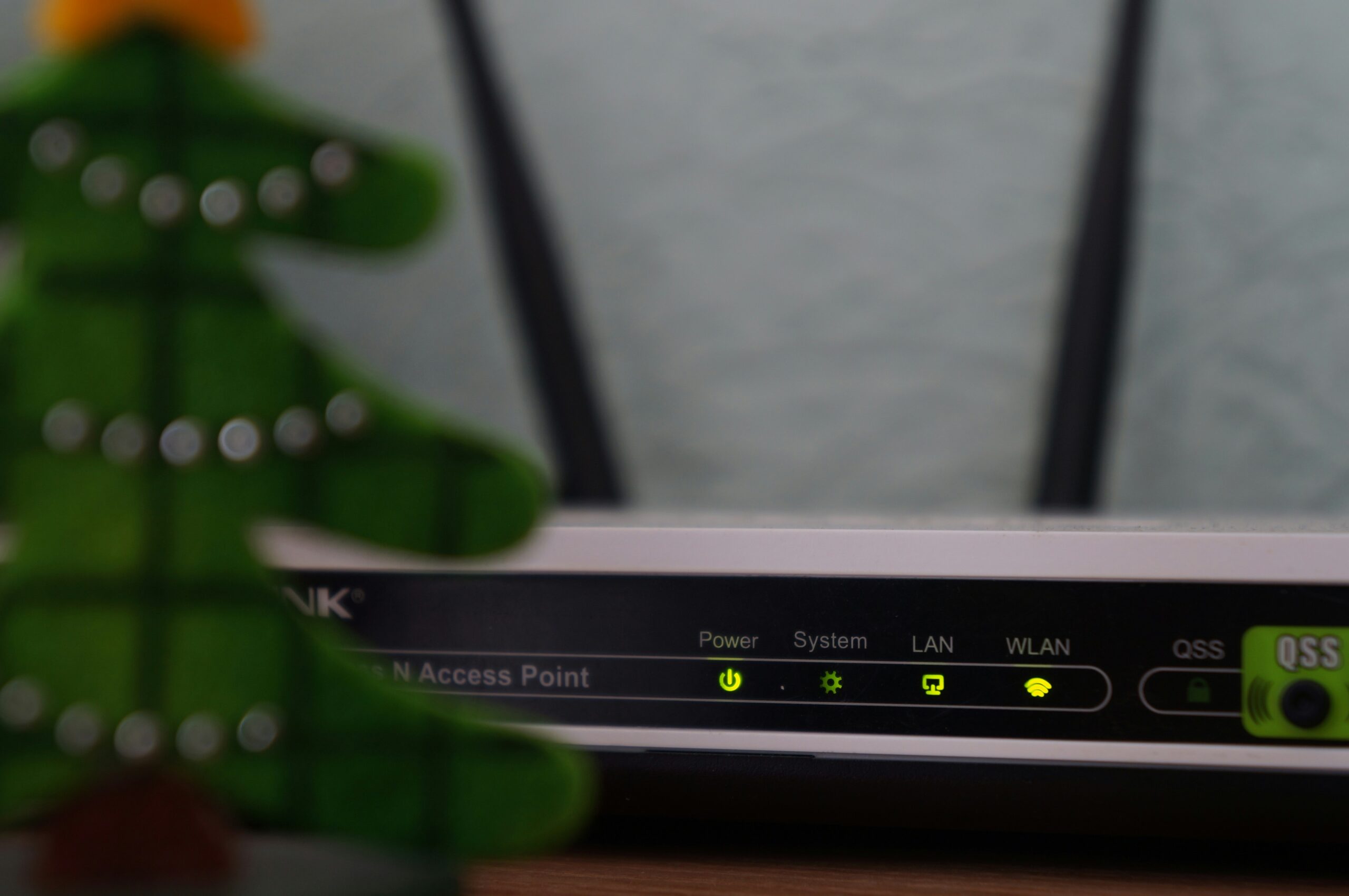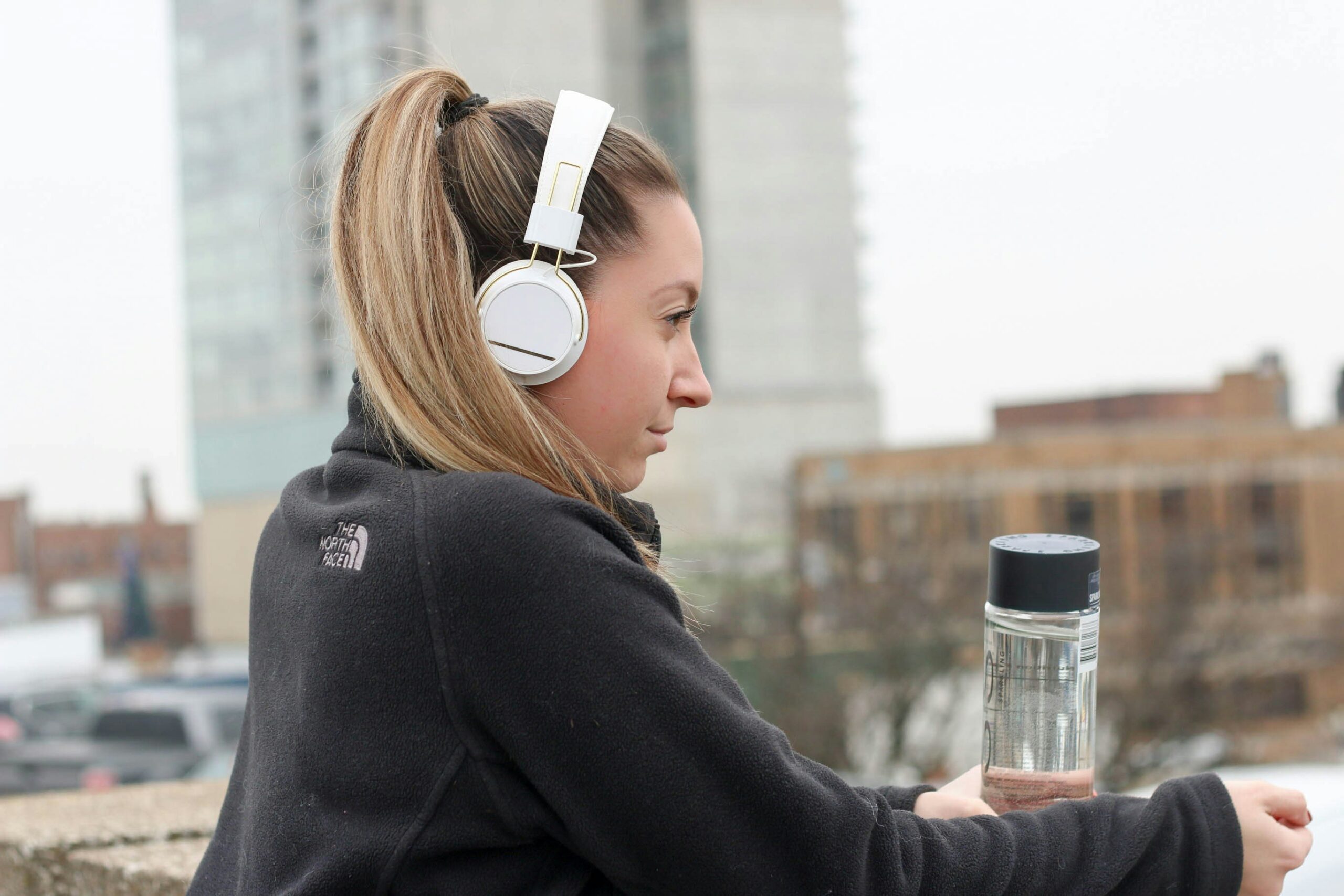Vinyl records have made a significant comeback in recent years, appreciated for their superior sound quality and nostalgic value. However, to keep them sounding their best, regular cleaning and maintenance are essential. This guide provides comprehensive instructions on how to clean vinyl records effectively, preserving their quality and longevity.
Why do I need to clean vinyl records?
Vinyl records are cherished by audiophiles and collectors alike. Their unique sound quality and tangible nature make them a preferred choice for many music enthusiasts. However, vinyl is a delicate medium that requires proper care to maintain its auditory integrity. Cleaning your vinyl records regularly not only improves sound quality but also extends the life of both the records and your playback equipment.
Understanding Vinyl Records
Anatomy of a Vinyl Record
To clean vinyl records effectively, it helps to understand their anatomy. A vinyl record is composed of:
- Grooves: These are the tiny, spiral indentations that hold the recorded sound.
- Labels: The central part of the record, which typically contains information about the recording.
- Runout Area: The space between the end of the grooves and the label.
Why Cleaning is Important
Cleaning vinyl records is crucial because dust, dirt, and oils from your fingers can accumulate in the grooves. This buildup can cause various issues, such as:
- Sound Degradation: Dirt and debris can cause pops, clicks, and crackles during playback.
- Stylus Wear: A dirty record can accelerate the wear on your turntable’s stylus.
- Record Damage: Over time, accumulated dirt can damage the vinyl surface.
Basic Cleaning Supplies
Essential Tools
To get started with cleaning your vinyl records, you’ll need the following essential tools:
- Record Cleaning Brush: An anti-static brush designed to remove dust from the record surface.
- Microfiber Cloths: Soft cloths that won’t scratch the vinyl.
- Record Cleaning Solution: A solution specifically formulated for cleaning vinyl records.
Optional Tools
For more thorough cleaning, consider investing in these optional tools:
- Record Cleaning Machine: Devices that automate the cleaning process.
- Stylus Brush: For cleaning the stylus on your turntable.
- Inner and Outer Sleeves: For protecting your records after cleaning.
Pre-Cleaning Steps
Handling Records Properly
Before you start cleaning, it’s important to handle your records correctly:
- Wash Your Hands: Oils and dirt from your hands can transfer to the vinyl.
- Hold by Edges: Always hold records by the edges and the label, avoiding contact with the grooves.
Initial Dust Removal
Before wet cleaning, remove loose dust and debris:
- Use an Anti-Static Brush: Gently brush the surface in a circular motion following the grooves.
- Blow Off Dust: Use a gentle burst of compressed air to remove loose particles.
Dry Cleaning Methods
Anti-Static Brushes
Anti-static brushes are a quick and effective way to remove dust and static from your records:
- How to Use: Hold the record by its edges and let it spin on the turntable. Gently place the brush on the record and let it collect the dust. Move the brush from the outer edge towards the center to avoid redistributing dust.
Microfiber Cloths
Microfiber cloths can be used for a gentle clean:
- Dry Wipe: Use a dry microfiber cloth to gently wipe the record surface, following the grooves.
Wet Cleaning Methods
Cleaning Solutions
Using a cleaning solution can help remove deeper dirt and grime:
- Homemade Solutions: You can make a cleaning solution with distilled water, isopropyl alcohol, and a few drops of dish soap.
- Commercial Solutions: There are many ready-made solutions designed specifically for vinyl records.
Manual Wet Cleaning
Manual wet cleaning is an effective way to thoroughly clean your records:
- Prepare the Solution: Mix distilled water, isopropyl alcohol, and a drop of dish soap.
- Apply the Solution: Place the record on a clean surface and apply the solution using a microfiber cloth.
- Clean the Record: Gently wipe in a circular motion, following the grooves.
- Rinse: Use distilled water to rinse off any remaining solution.
- Dry: Pat the record dry with a clean microfiber cloth and let it air dry completely.
Vacuum Record Cleaning Machines
These machines provide a more thorough clean by using vacuum suction:
- How to Use: Place the record on the machine, apply the cleaning solution, and let the machine clean and dry the record.
Deep Cleaning Methods
Ultrasonic Cleaners
Ultrasonic cleaners use high-frequency sound waves to clean records:
- Benefits: This method can reach into the grooves more effectively than manual cleaning.
- How to Use: Follow the manufacturer’s instructions for your specific ultrasonic cleaner model.
Professional Cleaning Services
For rare or valuable records, consider professional cleaning services:
- When to Use: If you’re unsure about cleaning a particularly valuable record or if it’s heavily soiled.
- Finding a Service: Look for reputable vinyl cleaning services in your area or online.
Special Considerations
Cleaning Mold and Mildew
Mold and mildew can sometimes appear on vinyl records, especially if stored in damp conditions:
- How to Clean: Use a mixture of distilled water and white vinegar. Apply with a microfiber cloth and rinse thoroughly.
Dealing with Sticky Residue
Sticky residues can be tricky to remove:
- Solution: Use a small amount of rubbing alcohol on a microfiber cloth. Rub gently until the residue is removed.
Maintenance and Storage
Proper Storage Techniques
Storing your records correctly helps maintain their condition:
- Vertical Storage: Store records vertically to prevent warping.
- Cool, Dry Place: Keep records in a cool, dry environment to avoid mold and mildew.
- Inner and Outer Sleeves: Use anti-static inner sleeves and protective outer sleeves.
Regular Maintenance Tips
Regular maintenance keeps your records in top condition:
- Clean Before and After Play: Dust your records before and after each play.
- Clean Your Stylus: Use a stylus brush to keep the stylus clean.
Troubleshooting Common Issues
Dealing with Stubborn Dirt and Grime
Sometimes, dirt and grime can be stubborn:
- Re-Cleaning: Re-clean using the wet cleaning method, allowing the solution to sit a bit longer.
- Scrubbing: Gently scrub with a soft brush if necessary.
Addressing Surface Noise
Surface noise can be caused by various factors:
- Check for Scratches: Inspect for any visible scratches.
- Re-Clean: Ensure the record is thoroughly clean.
- Stylus Condition: Check the condition of your stylus and replace if necessary.
Myths and Misconceptions
There are several myths about cleaning vinyl records:
- Myth: Using tap water is safe.
- Fact: Tap water can leave mineral deposits. Always use distilled water.
- Myth: Vinegar is safe for cleaning.
- Fact: Vinegar can damage the vinyl if not rinsed properly.
FAQs
Frequently Asked Questions (FAQs) About Cleaning Vinyl Records
Cleaning vinyl records can seem daunting, especially for beginners. Here are 40 FAQs to help you understand the process better and keep your vinyl collection in top shape.
General Questions
Why is it important to clean vinyl records?
Cleaning vinyl records improves sound quality, extends the life of the records and your stylus, and helps prevent damage from dirt and grime.
How often should I clean my vinyl records?
It’s a good practice to clean your records before and after each play. Regular deep cleaning every few months, depending on use, is also recommended.
Can dirty records damage my turntable?
Yes, dirt and debris can wear down the stylus and potentially damage the turntable’s components.
Is there a risk of damaging records while cleaning them?
If done correctly with proper tools and techniques, cleaning should not damage your records. Avoid harsh chemicals and rough materials.
Can I use household cleaning products on my vinyl records?
It’s best to use solutions specifically designed for vinyl records. Household cleaners can contain chemicals that might damage the vinyl.
Handling and Storage
How should I handle my vinyl records?
Always handle records by the edges and label to avoid getting oils and dirt from your fingers on the grooves.
What’s the best way to store vinyl records?
Store records vertically in a cool, dry place away from direct sunlight. Use inner and outer sleeves for additional protection.
Can humidity affect my vinyl records?
Yes, high humidity can promote mold and mildew growth, which can damage your records. Keep them in a controlled environment.
Should I clean new records?
Yes, new records can have dust and mold release compounds from the manufacturing process. A light clean is recommended.
How do I prevent static buildup on my records?
Use anti-static brushes and inner sleeves. A humidifier can also help in very dry environments.
Cleaning Tools and Solutions
What type of brush should I use for dry cleaning?
Use an anti-static carbon fiber brush to remove dust and reduce static buildup.
Can I use tap water to clean my records?
No, tap water contains minerals that can leave deposits on your records. Always use distilled water.
What’s a good homemade cleaning solution for vinyl records?
A mixture of distilled water, isopropyl alcohol, and a few drops of dish soap is effective. Ensure proper dilution to avoid damage.
Are commercial cleaning solutions better than homemade ones?
Commercial solutions are specifically formulated for vinyl and can offer better results, but a well-made homemade solution can also be effective.
How do I clean my record cleaning brush?
Rinse it with distilled water and let it air dry. Avoid using soap or chemicals that could leave residues.
Cleaning Techniques
What is the best method for cleaning heavily soiled records?
Use a manual wet cleaning method with a suitable cleaning solution and a microfiber cloth, followed by a rinse with distilled water.
How do I dry my records after cleaning?
Pat them dry with a clean microfiber cloth and let them air dry completely before storing them.
Can I use a vacuum record cleaning machine on all types of vinyl records?
Yes, vacuum machines are safe for most records, but always check the manufacturer’s recommendations.
How do ultrasonic record cleaners work?
They use high-frequency sound waves to create cavitation bubbles in a cleaning solution, which gently remove dirt from the grooves.
Is it necessary to rinse records after using a cleaning solution?
Yes, rinsing with distilled water helps remove any remaining solution and prevents residue buildup.
Troubleshooting
What should I do if my record still has surface noise after cleaning?
Re-clean the record and inspect it for scratches or damage. Ensure your stylus is clean and in good condition.
How do I remove mold and mildew from vinyl records?
Use a mixture of distilled water and white vinegar, applied with a microfiber cloth. Rinse thoroughly and dry completely.
What if my record has sticky residue?
Use a small amount of rubbing alcohol on a microfiber cloth to gently remove the residue.
Can I use a regular household vacuum cleaner to clean my records?
No, use vacuum record cleaning machines specifically designed for vinyl records.
What causes warping in vinyl records, and how can I prevent it?
Warping is caused by heat and improper storage. Store records vertically in a cool, dry place and avoid exposing them to direct sunlight.
Advanced Questions
Are there professional services for cleaning vinyl records?
Yes, there are specialized services that offer professional cleaning for valuable or heavily soiled records.
How do I clean colored vinyl records?
Colored vinyl records can be cleaned using the same methods as black vinyl records.
Can I clean 78 RPM records the same way as LPs?
78 RPM records are made from different materials and may require specialized cleaning solutions and techniques.
What is the best way to clean a turntable stylus?
Use a stylus brush or gel cleaner, gently brushing from back to front to avoid damage.
Can I use a dishwasher to clean my vinyl records?
No, the heat and harsh detergents used in dishwashers can severely damage your records.
Myths and Misconceptions
Is it safe to use wood glue to clean vinyl records?
While some enthusiasts use wood glue to remove deep dirt, it is not recommended for beginners due to the risk of damaging the record.
Do records need to be cleaned if they look clean?
Even if they look clean, records can have microscopic dust and oils that affect sound quality.
Can I use baby wipes to clean my vinyl records?
No, baby wipes contain chemicals and oils that can leave residues on the vinyl.
Are all vinyl record cleaning machines the same?
No, they vary in effectiveness, ease of use, and price. Research and choose one that fits your needs.
Does playing a record clean it?
Playing a dirty record can further embed dirt into the grooves and damage the stylus.
Maintenance and Care
How do I keep my records clean after playing them?
Store them in anti-static inner sleeves and keep them in a clean, dust-free environment.
What should I do if I accidentally touch the grooves?
Clean the affected area with a microfiber cloth and a suitable cleaning solution.
Can I use a hairdryer to dry my records?
No, the heat can warp the vinyl. Allow records to air dry naturally.
How do I clean the label without damaging it?
Avoid getting the label wet. If necessary, use a barely damp cloth to gently wipe it.
What’s the best way to clean records with deep scratches?
Deep scratches cannot be fixed, but cleaning the record thoroughly can help reduce noise. Consider professional restoration for valuable records.
Conclusion
Cleaning vinyl records is a vital part of maintaining their quality and extending their lifespan. By following the methods outlined in this guide, you can ensure your vinyl collection remains in excellent condition, providing you with high-quality sound for years to come.
With proper handling, regular cleaning, and appropriate storage, your vinyl records can continue to deliver the rich, warm sound that makes them so beloved by music enthusiasts worldwide.



